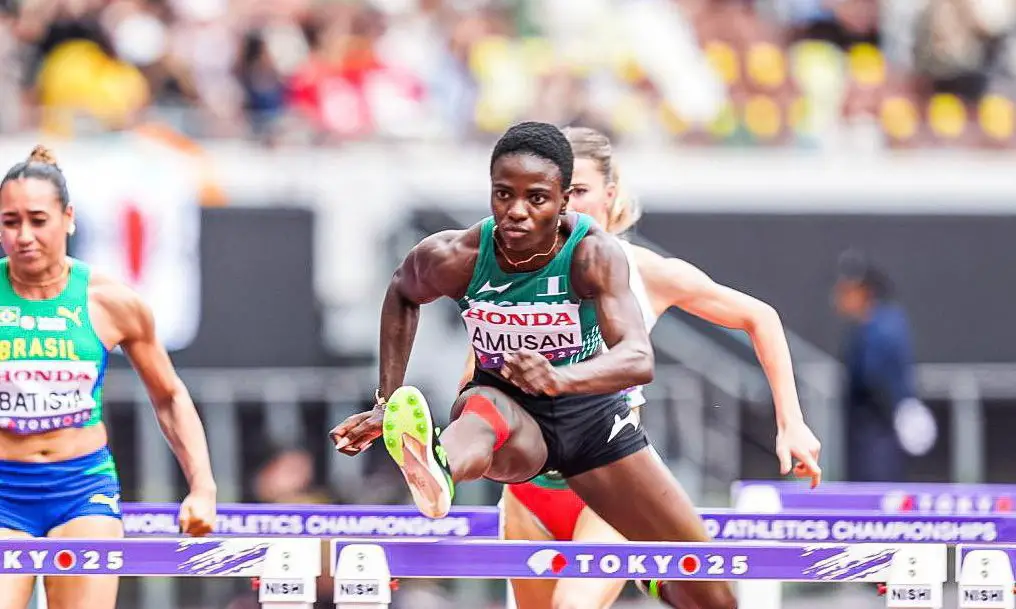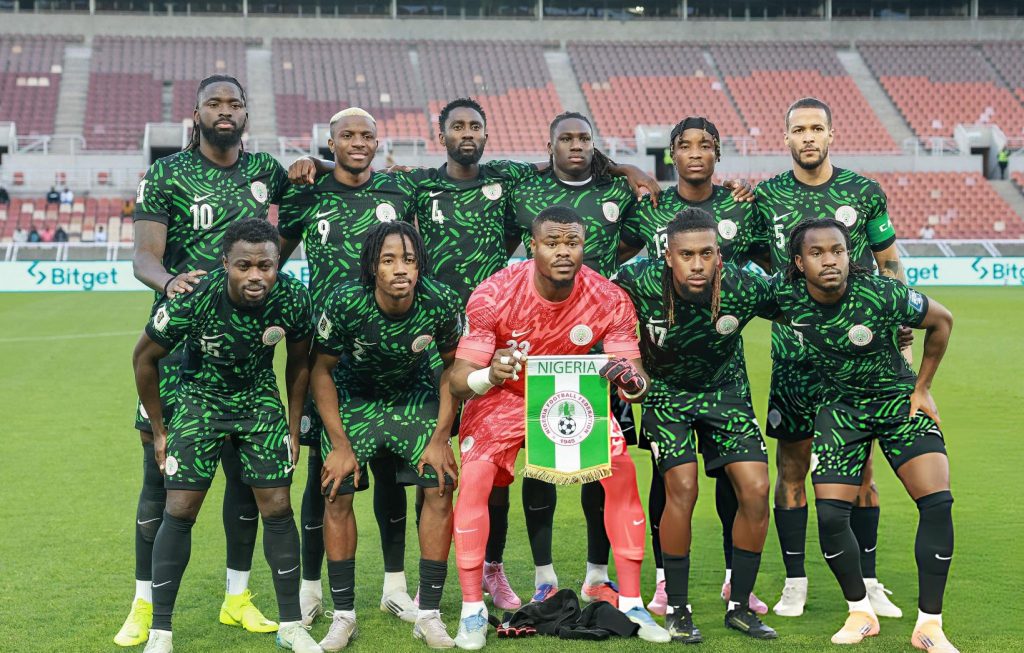The Federal Government has said all group-stage bonuses due to Super Eagles players at the ongoing Africa Cup of Nations have been released and are expected to reflect in the players’ domiciliary accounts within hours.
The Minister of State for Finance, Dr Doris Uzoka-Anite, disclosed this on Thursday while responding to reports that the national team was considering boycotting training sessions and could decline to travel to Marrakesh for their quarter-final clash against Algeria.
In a post on her official X handle, Uzoka-Anite said the concerns over unpaid bonuses had been resolved through coordinated action by the Federal Government and the Central Bank of Nigeria.
“The Federal Government and the Central Bank of Nigeria have successfully streamlined to ensure faster, more predictable disbursements aligned with international best practice,” she said.
She explained that all bonuses earned by the players during the group stage of the tournament had been fully processed and cleared through the required regulatory procedures.
“All group-stage bonuses were fully released and have now cleared the necessary regulatory stages,” the minister stated.
Uzoka-Anite added that a fast-track process was introduced to meet the players’ preferences for payment in foreign currency. “We have implemented a fast-track conversion process to move funds into foreign currency, honouring the players’ preferences,” she said.
According to her, the final stage of the payment process is already underway, with transfers to the players’ domiciliary accounts currently in progress. “The final transfers to domiciliary accounts are currently in flight. Players can expect these funds to reflect starting today (Thursday) or tomorrow (Friday),” she added.
The minister stressed that the government remains focused on the welfare and morale of the team as they advance into the knockout phase of the competition. “Our focus remains entirely on supporting the team’s welfare so they can maintain their incredible momentum in the knockout rounds,” she said.
Uzoka-Anite also assured that the administration was committed to ensuring that off-field issues do not distract the players from their performance at the tournament. “We move forward with one goal: Bringing the trophy home!” she said.
The update is expected to ease concerns around the team’s preparations ahead of their quarter-final fixture as the Super Eagles continue their campaign at AFCON 2025.





























